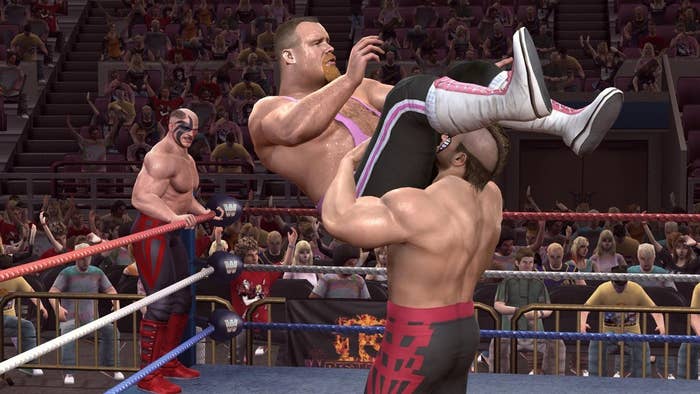
When the Bloomberg administration awarded Verizon an exclusive franchise to bring its FIOS network to New Yorkers back in 2008, it was supposed to introduce some much needed speed and competition to a city whose internet service leaves much to be desired.
Instead, according to a scathing new audit by the office of Bill DeBlasio, Bloomberg's successor, the telecom giant "substantially failed" to deliver on its promise of running enough fiber optic cable to bring service to all residential households in New York by June 30, 2014. The audit also says Verizon didn't respond in a timely manner to tens of thousands of requests for first service in a building — nearly three quarters of which languished for over a year. In addition, Verizon did not comply fully with the city audit, delaying access to its database systems and outright refusing to reveal its methodology for claiming that a residence can be served.
"Verizon has not delivered on its obligations to the City and we will not allow them to act with impunity," said Counsel to the Mayor Maya Wiley. "We are exploring all options to ensure they are accountable to New Yorkers. The bottom line being: there's a new sheriff in town."
According to the report, Verizon's definition of "passing" a household with fiber optic cable — essentially laying fiber that could someday be feasibly be connected to a home --- does not meet industry standards. Nor does it accept requests for service from all city residents. Because Verizon did not share its data with the city, it's impossible to know how many city residents still don't have access to FIOS. That said, according to the audit, nearly a quarter of all New York City blocks that Verizon claims to have "passed" with fiber have no buildings with FIOS service.
What's more, requests for first service to a building, so called "non-standard installations," usually take far past the twelve-month deadline stipulated in the original franchise agreement. According to the audit report, "74.68 percent of 41,928 NSIs that were outstanding as of December 31, 2014, had been outstanding for more than 12 months."
Perhaps mostly gallingly, the city found anecdotal evidence of Verizon giving priority to exclusive "bulk" service deals, practiced by Time Warner and CableVision, that have effectively gerrymandered the city into a uncompetitive internet. The report states that "A Verizon representative stated in an e-mail dated June 19, 2014 that "bulk properties receive priority regarding the FiOS build," and in an earlier e-mail dated May 31, 2013 that Verizon could expedite the build if the property owner agreed to a "bulk agreement.""
Neither Verizon nor the city have estimated when service will be available to all city residents. According to Department of Information Technology and Telecommunications Commissioner Anne Roest, the city found "no plan for how to complete" the network in the course of its audit.
In a statement, Verizon spokesperson John Bonomo cast doubt on the city's conclusions: "the review was based on erroneous factual conclusions and incorrect interpretations of the Agreement, particular its conclusions on Verizon's passing all of the households in the City with fiber-optic facilities," he wrote. "We indeed have met the requirement to install fiber optics through all five boroughs." Verizon did not specify how the conclusions were incorrect, but it did blame the timing of the report on upcoming labor negotiations with its largest union, the Communication Workers of America.
"This is a union ploy," another Verizon representative, Alberto Canal, wrote in an email to BuzzFeed News.
Verizon's franchise agreement with the city ends in 2020.
